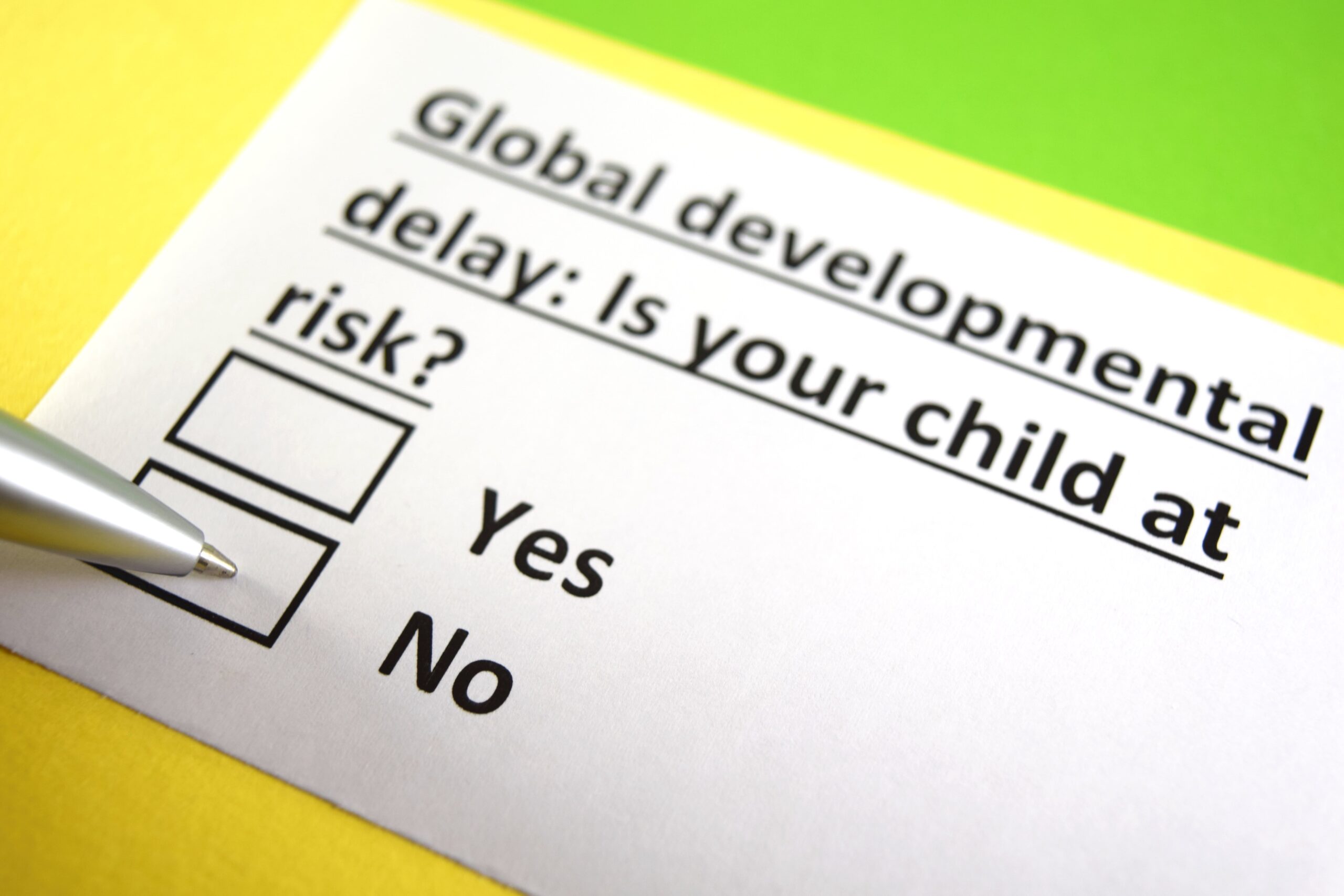
Every child is unique, with their own set of talents, milestones, and pace of development. However, some children may experience delays in multiple areas of development, which can significantly impact their daily functioning and overall well-being. This condition is known as Global Developmental Delay (GDD). In this blog post, we will delve into what GDD is, and the importance of early intervention and support for children with GDD.
What is Global Developmental Delay?
Global Developmental Delay is a term used when a child shows significant delays in multiple areas of development, such as cognitive, motor, speech and language, and social skills. Unlike specific developmental delays, which affect only one area, GDD affects several aspects of a child’s growth and development. It is often identified in the early years of a child’s life, typically before the age of five.
The signs and symptoms of GDD can vary widely depending on the specific areas affected and the severity of the delay. Some common indicators include:
- Delayed milestones: The child may be slow to reach developmental milestones such as sitting, crawling, walking, or talking.
- Cognitive difficulties: Challenges with thinking, problem-solving, memory, and learning may be evident.
- Speech and language delays: Limited vocabulary, difficulty forming sentences, or trouble understanding and following instructions.
- Motor skill delays: Fine motor skills, such as holding a pencil or using utensils, and gross motor skills, like running or climbing, may be delayed.
- Social and emotional challenges: Difficulties in interacting with peers, making eye contact, or understanding social cues.
Early identification and intervention are crucial for children with GDD. Timely support can help minimize the impact of delays, enhance the child’s overall development, and improve their quality of life. Here are some essential aspects of early intervention:
- Comprehensive evaluation: A team of professionals, including pediatricians, psychologists, speech and language therapists, and occupational therapists, will assess the child’s strengths and challenges to create an individualized intervention plan.
- Therapy and interventions: Therapy sessions focusing on speech and language development, occupational therapy, physical therapy, and behavioral interventions may be recommended based on the child’s specific needs.
- Educational support: Early intervention programs, specialized schools, or individualized education plans (IEPs) can provide a structured environment tailored to the child’s learning requirements.
- Parental involvement: Parents play a vital role in supporting their child’s development. They can actively participate in therapy sessions, learn strategies to promote progress at home, and seek support from support groups or parent networks.
- Holistic approach: Collaboration between professionals, parents, and caregivers is essential to ensure a holistic approach that addresses the child’s overall well-being.
Global Developmental Delay can present unique challenges for children and their families. However, with early identification and appropriate support, children with GDD can make significant progress in their development and lead fulfilling lives. It is crucial for parents, caregivers, and professionals to work together to create a nurturing and supportive environment that fosters the child’s strengths and helps them overcome their challenges. Every child deserves the opportunity to reach their full potential, and with the right interventions, children with GDD can thrive and succeed.
